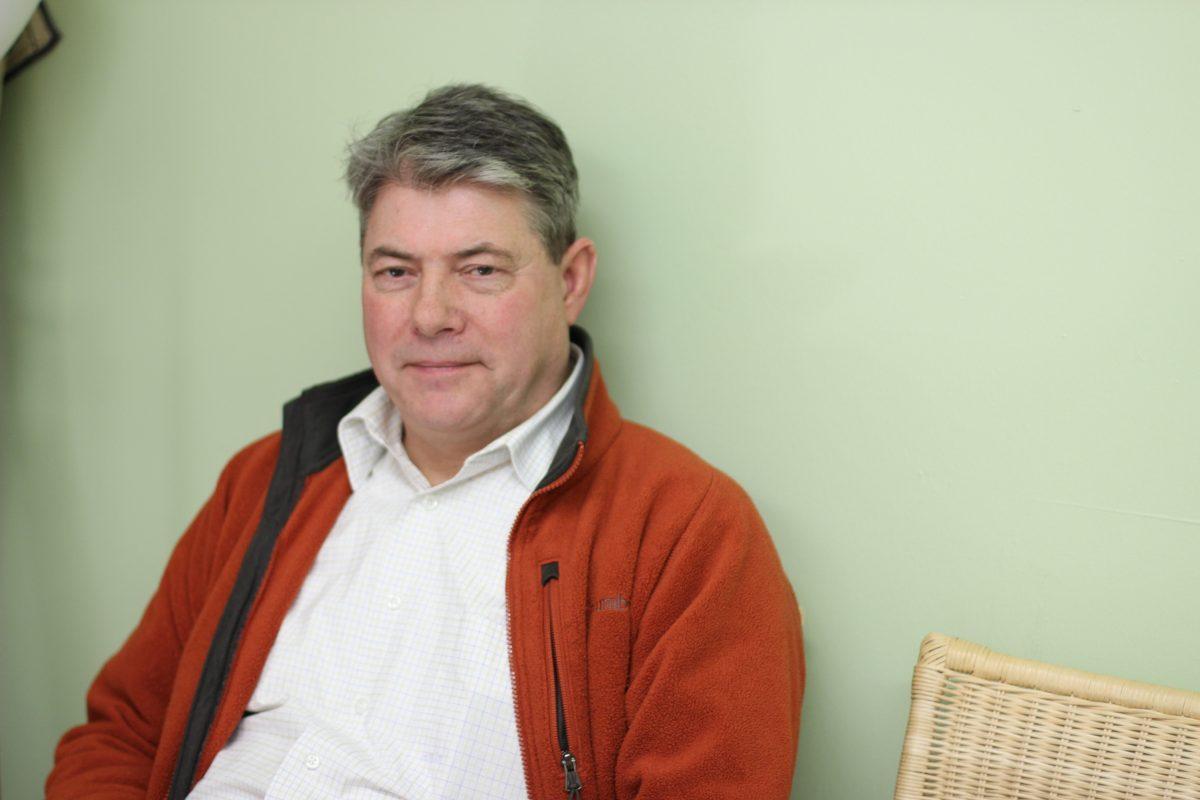Sonoma State has taken a step toward preserving the natural resources of life that some may take for granted. On Jan. 14, Sonoma State named Paul Draper the very first Director of Sustainability.
Draper, who currently is a professor of theatre arts at Sonoma State and previously served as chair for the department, was offered the two-year assignment after his successful set of productions known as “Water Works.” The productions promoted water sustainability as well as alternatives on how not to waste water during everyday uses. Draper will also serve as chair to the newly created Sustainability Executive Committee, which was approved by President Ruben Armiñana last spring.
The key messages of the productions were dispersed throughout campus and promoted more awareness from students as well as faculty on the matter of sustaining natural resources.
“Sustainability was established formally as an overarching goal of SSU’s strategic plan several years ago, but we did not have a formal administrative structure to push us forward,” said Director of SSU Preserves and Coordinator of the WATERS Collaborative Claudia Luke.
With the new Sustainability Executive Committee guided by Draper, we have a leader and a group of people that can think strategically about how to highlight the issues of sustainability,” said Luke. “We can begin to assist students as well as faculty who are interested starting new initiatives or projects, and create an environment pursuing sustainability solutions.”
Luke also creates ways to engage faculty and students to get involved in regional watershed management.
The Director of Sustainability will serve many roles in regard to the contribution here on campus as well as in the community. Draper will be known as the contact for long term and complex sustainability initiatives including: coordination with community partners and members of SSU, convening with the Sustainability Executive Committee to outline ideas and future projects, and keeping track of, communicating, and advertising sustainability events on campus.
He will also be responsible for seeking external funds for priority initiatives as well as working with community engagement initiatives.
“There are many folks on campus who are passionate and very knowledgeable about these issues, far more than myself,” said Draper. “I have learned that sustainability is not something any one person directs; as I see it, my role and the role of the Sustainability Executive Committee is to publicize, support, and foster sustainable actions and ideas on campus as well as with the community.”
Draper also stressed the importance of learning the fundamentals of sustainability not just with public events but also in the classroom.
“Increased academic engagement is key; faculty in particular, need to teach and engage students about sustainability and in turn listen and respond when student learning and action speaks to better the university community,” said Draper.
Natalie Williams, a third-year Environmental Studies and Planning student, was influenced by Draper’s Water Works productions last year and now sees the importance of campus sustainability.
“Most students do not know the level of concern we should be having when it comes to preserving our natural resources with today’s ever-changing environment,” said Williams. “With having a new Director of Sustainability, students and faculty will now be able to collaborate with the community on new ideas with each other and essentially come up with more solutions to preserve and better the area around us.”
Draper noted that the Sustainability Executive Committee will host a Sustainability Week that will take place Oct. 21-24 and will encourage students and faculty to achieve sustainability goals.



































